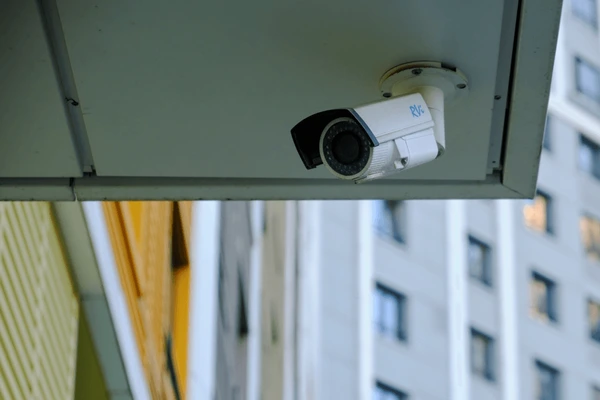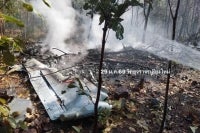Calls to install CCTVs in hotspots equals to cries for safety?
CCTV helps to monitor accidents, crime, theft, and more.

SHAH ALAM - With the high crime rates and vandalism, experts have urged the government to install closed-circuit television cameras (CCTVs) in hotspot areas, which includes low-cost flats in Malaysia.
This is because installing CCTV could help to monitor and solve many problems including accidents, crime, theft, safety and irresponsible acts such as throwing rubbish and hazardous items from higher levels when it comes to multi-storey buildings.
To make this happen, Human Rights Activist Arun Dorasamy has called upon municipal authorities to play a pivotal role in enforcing mandatory CCTV installations.
Arun stressed that municipalities possess the necessary power and authority to impose such requirements on residential spaces, making it a crucial step toward safeguarding communities.
He highlighted the pressing need for increased surveillance, citing incidents such as the tragic case of 15-year-old S Satiswaran, who died tragically back in 2018 when a chair was thrown from a low-cost flat.
"The young boy lost his life due to a chair thrown from the 19th floor of a building, and despite the incident occurring several years ago, the perpetrator remains unidentified," Arun said.
He also pointed out that the lack of surveillance has not only led to severe consequences like the Satiswaran case but also contributed to various other problems.
"Low-cost flats have faced issues such as residents throwing rubbish, appliances, and even hazardous items out of their windows.
"Reports include instances of air conditioners, fridges, motorbike exhausts, bagged trash, and even paint being recklessly thrown, causing damage to property and posing a threat to public safety," Arun said.
Meanwhile, Alliance for a Safe Community chairman Tan Sri Lee Lam Thye when contacted previously had highlighted the importance of CCTV which could help to record actions in residential area.
"For example, having CCTV in hotspots for crime areas could help the record the actions in a public area.
"There are many countries that have fixed a lot of CCTVs, just along the along the street and roads.
"So if anything were to happen there, where a crime is committed, the police can always go back to the footage to view the recording," he said to Sinar Daily.
It was also reported that the police revealed that CCTV helped greatly in assisting crime-busting efforts.
Kuala Lumpur police chief Datuk Allaudeen Abdul Majid had said that the installation of of CCTV in the city significantly aided the police in combating crime.
The top cop highlighted that the CCTV system has indirectly led to a 10 per cent decrease in the crime index between Jan and Nov compared to the corresponding period in the previous year.
He also reported that the KL Criminal Investigation Department (CID) achieved an almost 70 per cent prosecution rate last year, adding that the department successfully concluded 91.52 per cent of its investigation papers within the same time frame.
Emphasising that the crime rate in the city remains under control, Allaudeen noted a decline in the fear of crime in Kuala Lumpur.
Eventhough implementing CCTV installation as a mandatory in hotspots especially low-cost flats sounds like a good plan, in some cases, it involves a certain maintenance fee among residents which would be a burden for the residents especially since most of them fall under B40 category.
Therefore, Subang Member of Parliament Wong Chen suggested the government step in to provide grants in low-cost flats, where crime rates are notably high and many Joint Management Bodies (JMB) or Resident Associations (RA) struggle to collect maintenance fees.
"The crime situation in low-cost flats is very bad, and the vast majority of these JMBs or RAs can hardly even collect 30 per cent of the maintenance fees, what more invest in CCTV systems," Wong said.
He proposed a data-driven approach, recommending that the government analyse crime data, calculate costs, and identify the most vulnerable low-cost flats.
Wong further recommended a trial period, suggesting that the government allocate a modest budget for a one-year implementation trial in 10 low-cost flats.
"The government should crunch the crime data, calculate the costs and identify the most vulnerable low-cost flats.
"Then it should set a modest budget, run an implementation trial period of one year for 10 low-cost flats and study the outcomes in terms of costs and drop in crime rate.
"If the trial is successful, then the government can consider a larger rollout in the following years," he said.
Download Sinar Daily application.Click Here!















